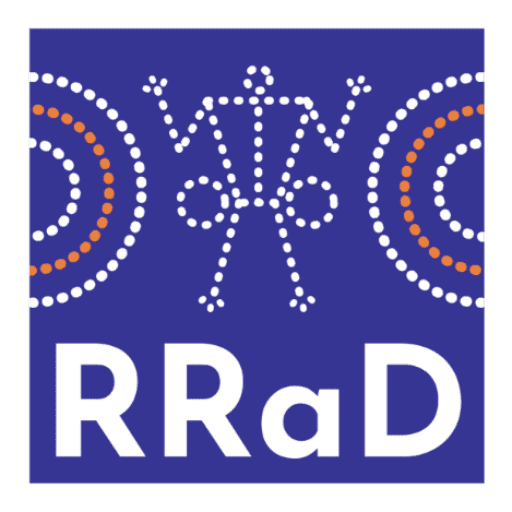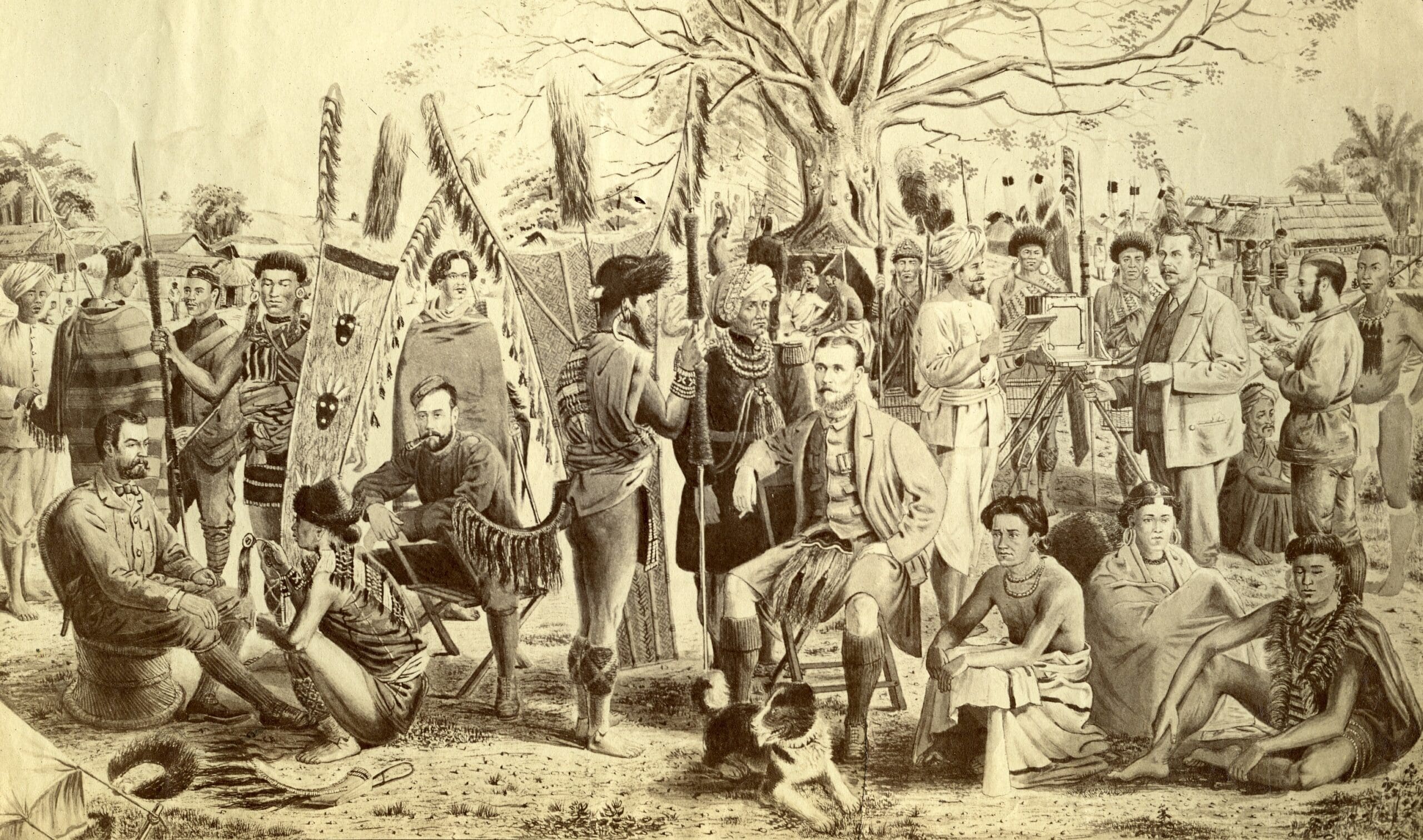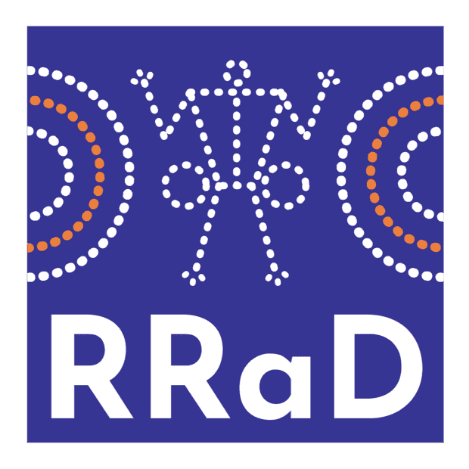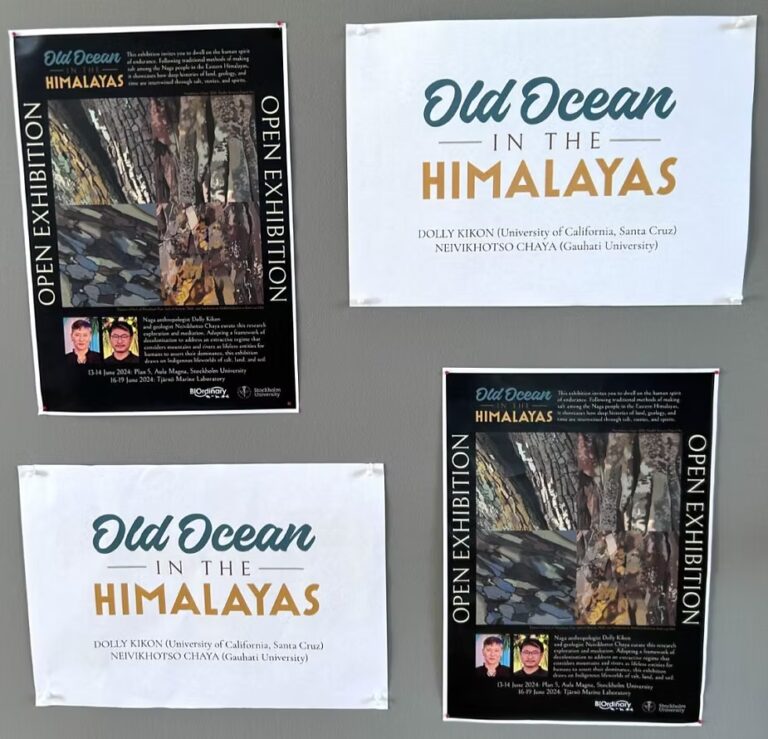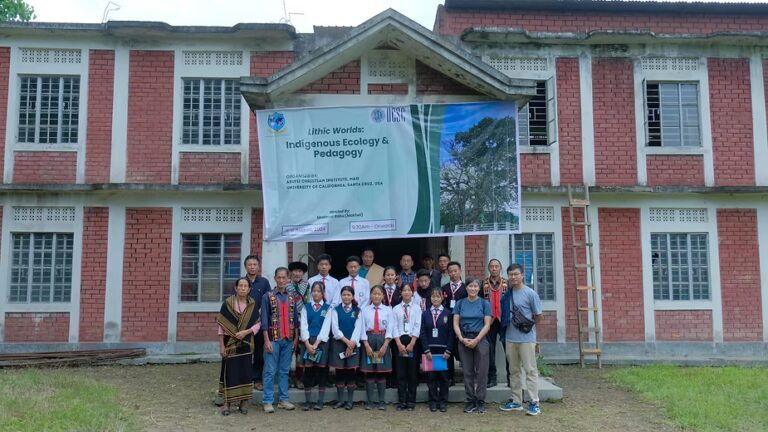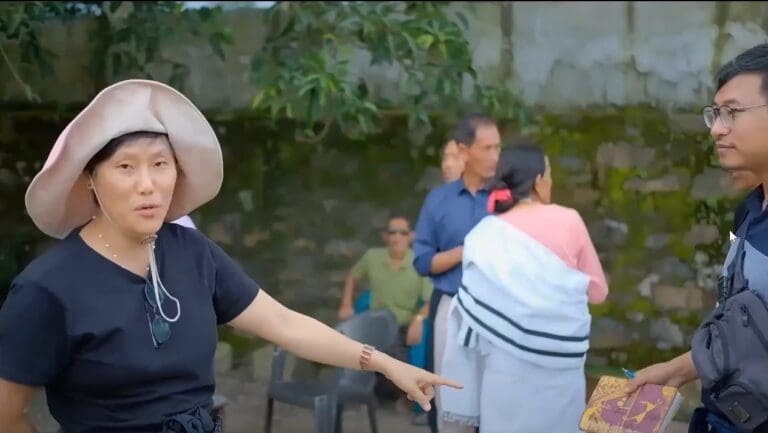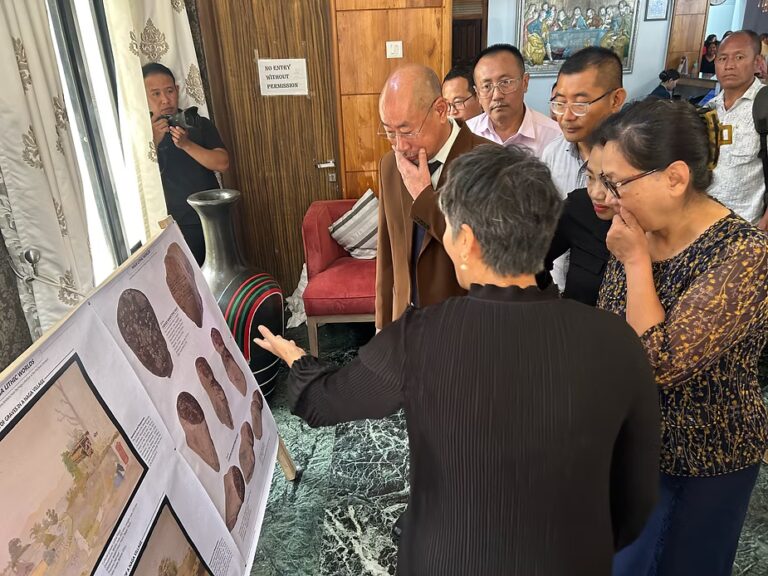Since its advent, some 150 years ago, Christianity now assumes the center point of the Naga social order. This brought with it new styles of clothing, customs and rituals, music, culture, new forms of etiquette, new medical approaches, and, perhaps, new ways of thinking and expressions among many other influences. Today, in most Naga villages and towns, the church building is the biggest and with its enormous presence signifies more than just its physical dominance.
The Nagas, amongst whom Christianity was spread through intensive missionizing campaigns as part of the colonial project, to a large extent cast away their traditions including indigenous clothing, customs, values and beliefs which were all described as being pagan, heathen, savage and barbaric. During this initial period, people were denied the space and thought processes to adapt their worldviews, indigenous knowledge systems and spirituality to their new found religion. Removed from the core of their being, their culture – and, most importantly, their humanity, the acceptance of a colonialist version of Christianity marked a turning point in Naga history as it set the new status quo of acceptance for the entire social order.
Consequently, the Church and its operation in modern-day Naga society has to be looked at first in terms of the way it was introduced to the Naga people. As Steve Biko would say, “… if Christianity in its introduction was corrupted by the inclusions of aspects which made it the ideal religion for the colonization of people, then, nowadays in its interpretation it is the ideal religion for the maintenance of the subjugation of the same people.” The church’s historical existence was introduced during the colonizing process which prevents it from being relevant to the present day context and situation of the people. Furthermore, it creates a dependency wherein, the church, as a result, cannot exist without State powers; thereby effectively removing from its center – the people.
Without a doubt, a decolonizing paradigm shift is needed as Christianity can no longer remain abstract and removed from people’s realities. In order to be applicable it must have meaning in the Naga people’s given situation. Ultimately, it needs to respond to dynamic transitions that are taking place well beyond the physical boundaries of the church.
For instance, if a people are oppressed, then the Church must have something to say about their oppression. Openly engaging with these historical relations and experiences can make the space for the Church to begin a sustainable process that will make possible a shift away from its present position of neutrality and passivity, to one of being engaged and relevant. This will help the Church rediscover that its existence is interconnected to the people and at the same time empower the Church to reclaim its moral courage in a prophetic role, instead of spouting judgmental platitudes.
The question of mutual understanding and critical accommodation is a political issue that requires political redressal. In this aspect, the Naga Churches have before them an opportunity to intervene by genuinely collaborating with the Naga people in engaging with a ‘guilty minority’ and a ‘fearful and traumatized majority.’ This can take place by incorporating them into a shared inclusive and participatory process focused on the politics of justice and compassion recognizing that only together we can be free and fully human.
This means that the Naga faith cannot be modeled through the eyes of the colonizer, since this would mean that something is wrong in that relationship. Rather, the Church can weave a new relationship and ethos that builds a shared humanity.
This is an invitation for the Naga Church to earn the people’s trust. Perhaps, a starting point is to begin with decolonizing itself and creating a new relationship of empathy, compassion, love and justice.
First published in The Morung Express February 27 2022
Link: https://www.morungexpress.com/decolonizing-naga-church-absolutely
